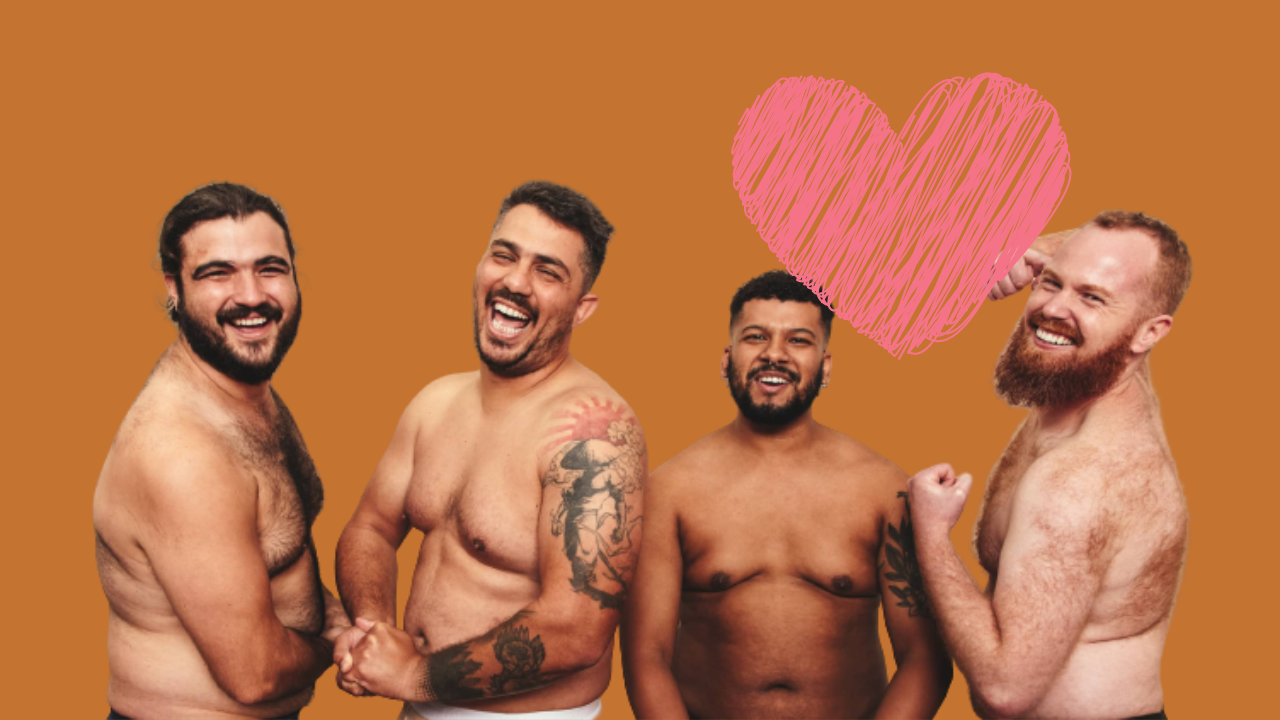I recently read Sonya Renee Taylor's book The Body Is Not an Apology: The Power of Radical Self-Love. In a word, it was inspiring. Taylor encourages us to reject societal standards of beauty and perfection and instead embrace the diversity of human bodies. She also discusses how body positivity intersects with race, gender, and disability. Taylor believes that when we love and accept our own bodies, we are able to better love and accept others, creating a more just and compassionate world.
I lied just now. I didn't actually read Taylor's book, I listened to the audio book version. In fact, I listened to the majority of her book while I was working out at the gym. This was an introspective experience for me. As I listened to Taylor argue that we need to embrace radical self-love and body positivity to combat the harmful effects of body shaming and discrimination, I reflected on why I was at the gym. What did I hope to get from going to the gym and lighting weights in particular?
I haven't shared about this a lot, but I was bullied in high school for being skinny and not very muscular. I had a soft belly and some peers would regularly poke me in the stomach while taunting, "spork the pork!" Also during my teenage years, my then-girlfriend's dad jokingly confessed to me that he didn't think I was strong enough to take care of his daughter on a night out. Needless to say, these formative experiences instilled in me a poor relationship with my body, centred around insecurity and inadequacy.
Regularly going go the gym - which I only started doing 6 months ago - has been a confronting experience for me. All the old stories from my teenage years have had their volume turned up. However, beyond that confrontation I've found revelation; the revelation that I actually enjoy getting up at 5am every day to make it to the gym as it opens at 5:30am and getting my workout in before my working day; the revelation that I actually feel quite strong doing certain exercises, which isn't a familiar feeling; the revelation that I actually don't give a fuck what the other men in the gym think of me taking up space there, because I'm not there for them, I'm there for me.
I feel good in my body, even with the delayed onset muscle soreness. I feel strong. The progressive overloading I've been doing as part of my strength training routine has added some muscularity to my frame, which is also nice. And all the while I'm doing my best to love and accept my body, as Taylor encourages. I go to the gym because it makes me feel good. If I'm honest, that wasn't the original reason I began going, and I try to minimise the voices of my adolescent peers in my head, jeering at me, "spork the pork!"
I'm glad I listened to Taylor's book when I have because it is putting the gym and my body in a whole new light. I also strive to speak with more men about their experiences of insecurity or inadequacy with their bodies. I think the more that men are able to unpack these relationships with themselves, the more love and acceptance we'll have for our bodies, and the more pleasure we'll experience both alone and with others.

